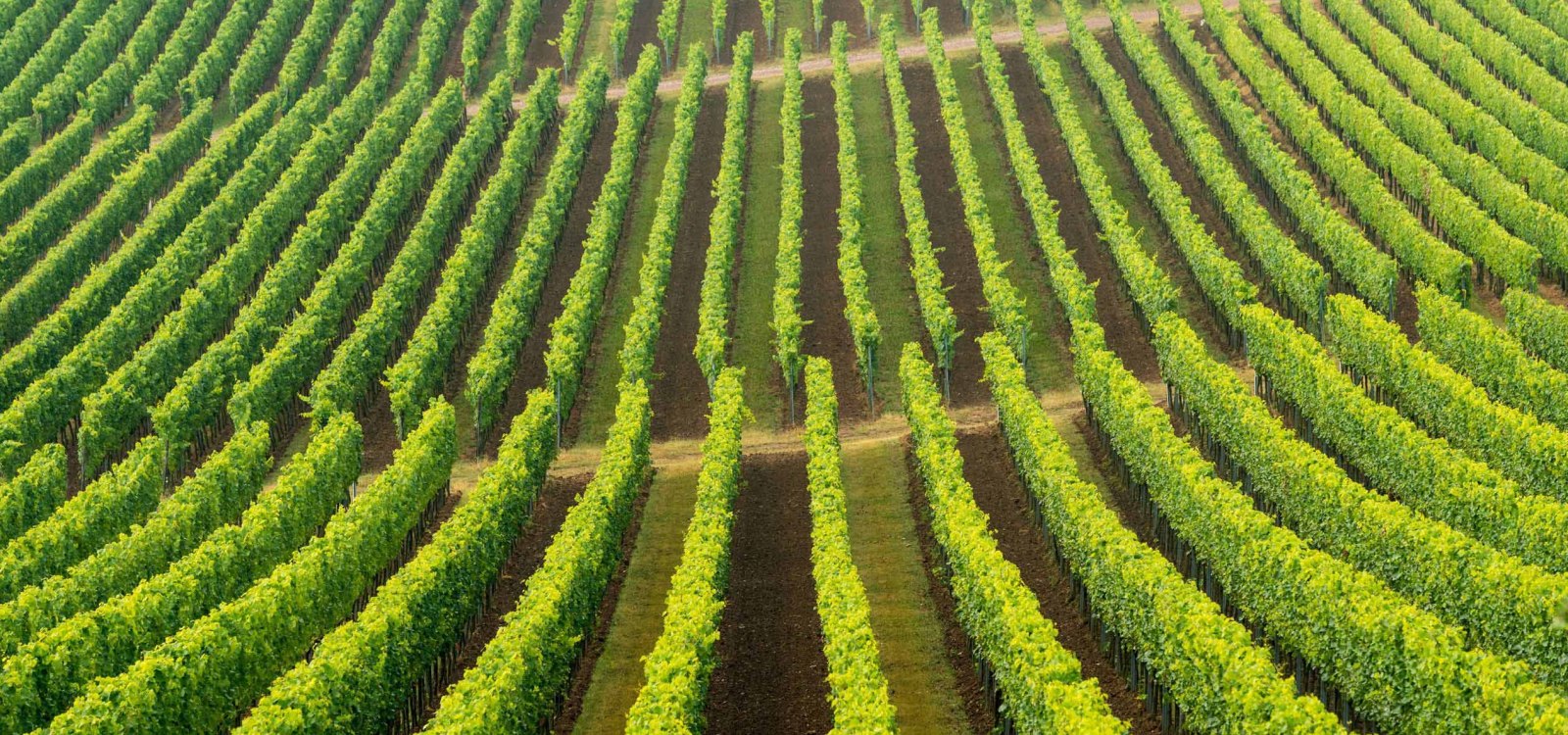
searchMenu



The layer designation is a new collective name: mountain situated to the Rhine.

The location was mentioned in 1325 with the name "at the kyrchberge" and 1362 "at the kirisberge". Based on the historical evidence, both the interpretation of "mountain belonging to the church estate" and "mountain with cherry trees" is possible.

The name was chosen in 1941 in reference to the old name of 1362 "on the cloister paths".

Pour me another tasty little glass of wine, dear cellar master! Tasty or licking or both? And which tap? The tap or a tapping? The site is named after the miniature castle "Leckzapfen", built in 1891 by the Osthofen-based estate and mill owner Gustav Friedrich Weißheimer. The brick-and-clinker castle with a round tower on the side is a real gem - and bears a resemblance to the famous fairytale castle of Lichtenstein. After years of decay, it was lovingly renovated and in 2011 was named the "Most Beautiful Vineyard Cottage in…

The location was mentioned in 1254 with the name "in liben berc". The name refers to the personal name Liebo.

The layer designation is a new collective name: mountain situated to the Rhine.

The location was mentioned in 1419 with the name "Sant Georgen phade". In the middle of the 14th century there was a St. George's chapel there.

A rocky search: Who knows why? Steinberg is a popular German camp name. Stony, mountainous, the reason is obvious. Only: This does not fit at all to the Partenheimer Steinberg! Clayey loam and marl are present there - so rather a smeary soil that holds water well and gives the vines little drought stress. Also here and there limestone, but reason enough for the naming? Mountainous, on the other hand, can be let pass. Partenheim is located on a loop of the Rheinhessen Pilgrimage Trail. The community took advantage of this to create a biblical…

The layer name probably owes its name to a solitary almond tree.

The Riesling deed dating back to Luther’s times Today there is no longer a monastery there, but researchers suspect that a provostry of the Benedictine monastery of Gorze was founded there as early as the 10th century. Saint George was thus also the patron saint of the single vineyard. Historically significant for viticulture in Germany: the first documented mention of Riesling from 1511 comes from Pfeddersheim. It is dated in manuscript to St. Martin's Day, i.e. 11 November. It was the time of Martin Luther, who did not recant his…
Rheinhessenwein e.V.
Otto-Lilienthal-Straße 4
55232 Alzey
E-Mail: info@rheinhessenwein.deRheinhessenwein e.V.
Otto-Lilienthal-Straße 4
55232 Alzey
E-Mail: info@rheinhessenwein.de